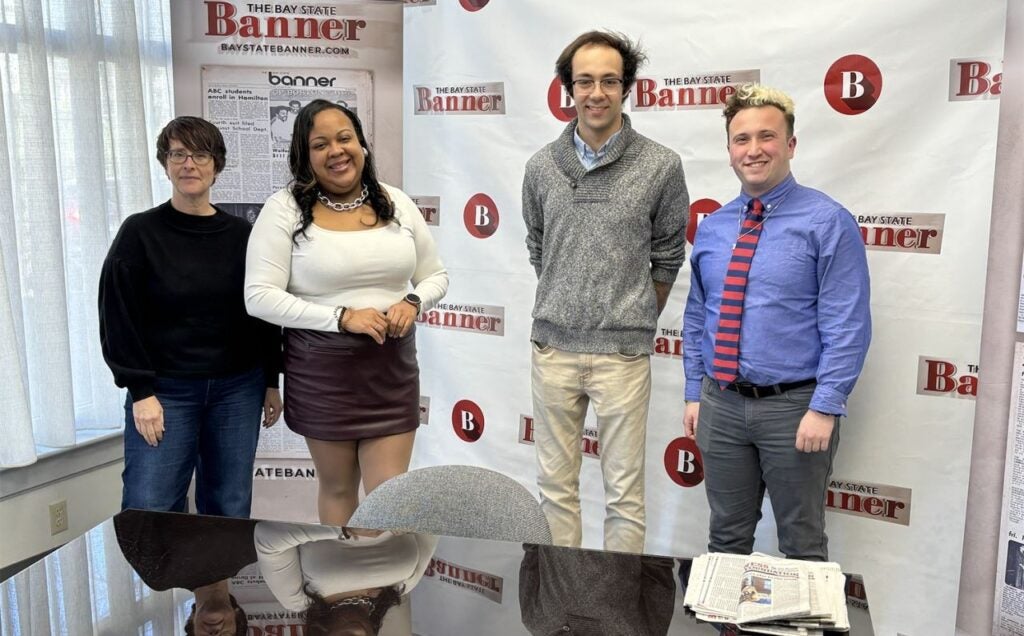
“Usually when I interview a scientist, it’s on deadline, and I don’t get to take the time to think deeply about their side of the encounter. Taking part in the Metcalf Newsroom Fellowship allowed me the time, space, and platform to talk to scientists about what they need from journalists, so they can be better prepared for our conversations, which ultimately results in a stronger story and happier scientific sources.”Olivia Ebertz, Reporter at The Public’s Radio
Metcalf Institute is pleased to launch the application for the second cohort of our Climate Ready Newsrooms fellowship, a groundbreaking initiative designed to support local newsrooms in their efforts to report on the science of climate and environmental change. Importantly, this fellowship focuses on local newsrooms — not individuals in newsrooms — and their specific challenges in reporting on these issues for their communities. This fellowship aims to address the challenges that local newsrooms face when covering these critical issues, providing the training and resources needed to be “climate ready,” and prepared to produce long-term, accurate, equitable and impactful coverage that serves their communities. The second cohort for the fellowship will focus on newsrooms in Connecticut, Maine, Massachusetts, New Hampshire, Rhode Island, and Vermont, with up to 10 newsrooms chosen from submitted and complete applications. (Note: This fellowship was formerly known as the Climate and Environmental Science Fellowship for Local Journalism).
Congratulations to the 10 New England newsrooms chosen for the second cohort of Metcalf Institute’s Climate Ready Newsrooms fellowship!
Joy Fox
Climate Ready Newsrooms 2025
John Moritz & Erica E. Phillips
Climate Ready Newsrooms 2025
Emilee Klein & Chad Cain
Climate Ready Newsrooms 2025
Kate Dario & Christina Phillips
Climate Ready Newsrooms
Brooke Kushwaha & Karen Bordeleau
Climate Ready Newsrooms 2025
Emily Smith & Debbie Schimberg
Climate Ready Newsrooms 2025
Tommy Gardner
Climate Ready Newsrooms 2025
Jacob Wycoff & Terry Eliasen
Climate Ready Newsrooms 2025
Wilson Haims & Amy Browne
Climate Ready Newsrooms 2025
Anthony Zeli & Nancy English
Climate Ready Newsrooms 2025










